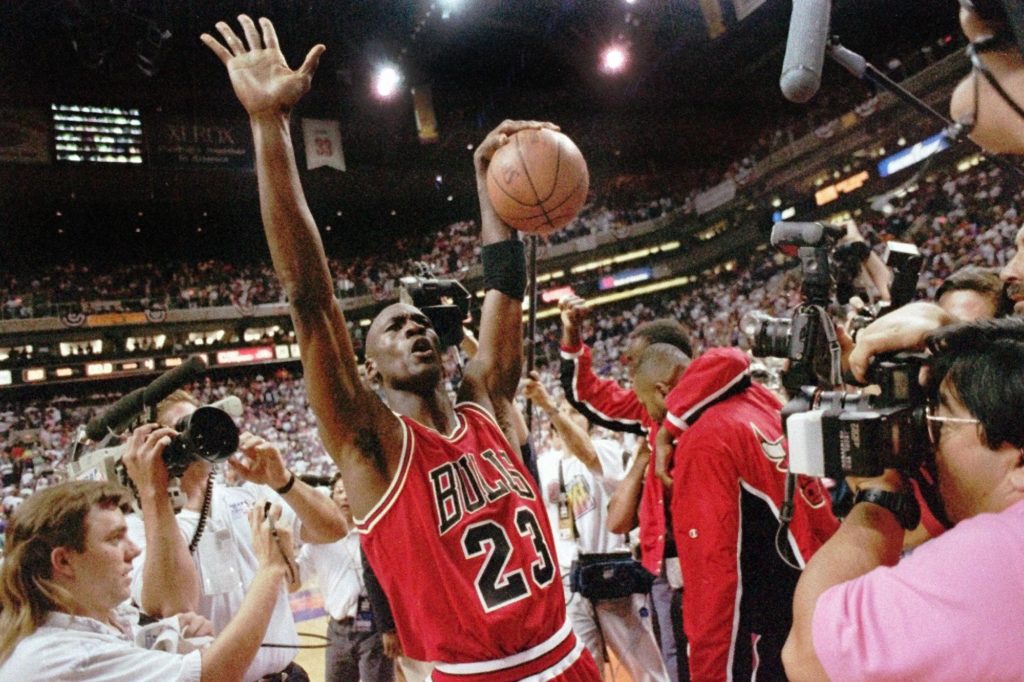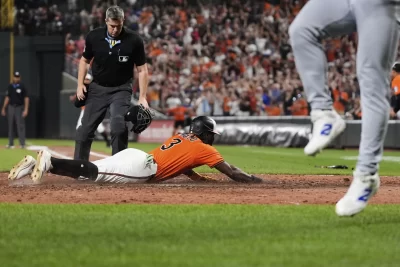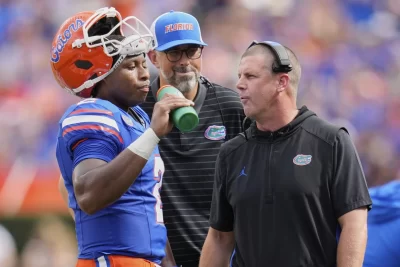
Michael Jordan had just won his first championship, beating Magic Johnson in the NBA Finals. They were poised to lead a Dream Team the world couldn’t wait to watch.
Yes, the NBA rolled into the fall of 1991 with unlimited promise.
Jordan, already basketball’s best and most popular player, was now on its top team. The 1992 Olympics were just a year away and for the first time would include NBA players, opening international doors the league previously couldn’t reach.
Then, suddenly, the foundation that never felt stronger was rocked by devastating news.
When Johnson announced that November he had contracted the HIV virus and would retire immediately, the sadness wasn’t just over the end of his career. There was fear for his life.
The virus caused AIDS, which was considered a death sentence at the time. People who got AIDS died, it was thought, just as Queen lead singer Freddie Mercury did the month Johnson retired. The consternation around the HIV virus then was similar to the mixed feelings the country and world has about COVID-19.
The NBA was still a relatively young league, just 45 years old, when Johnson disclosed his condition some fans thought one of its most beloved players was going to die.






